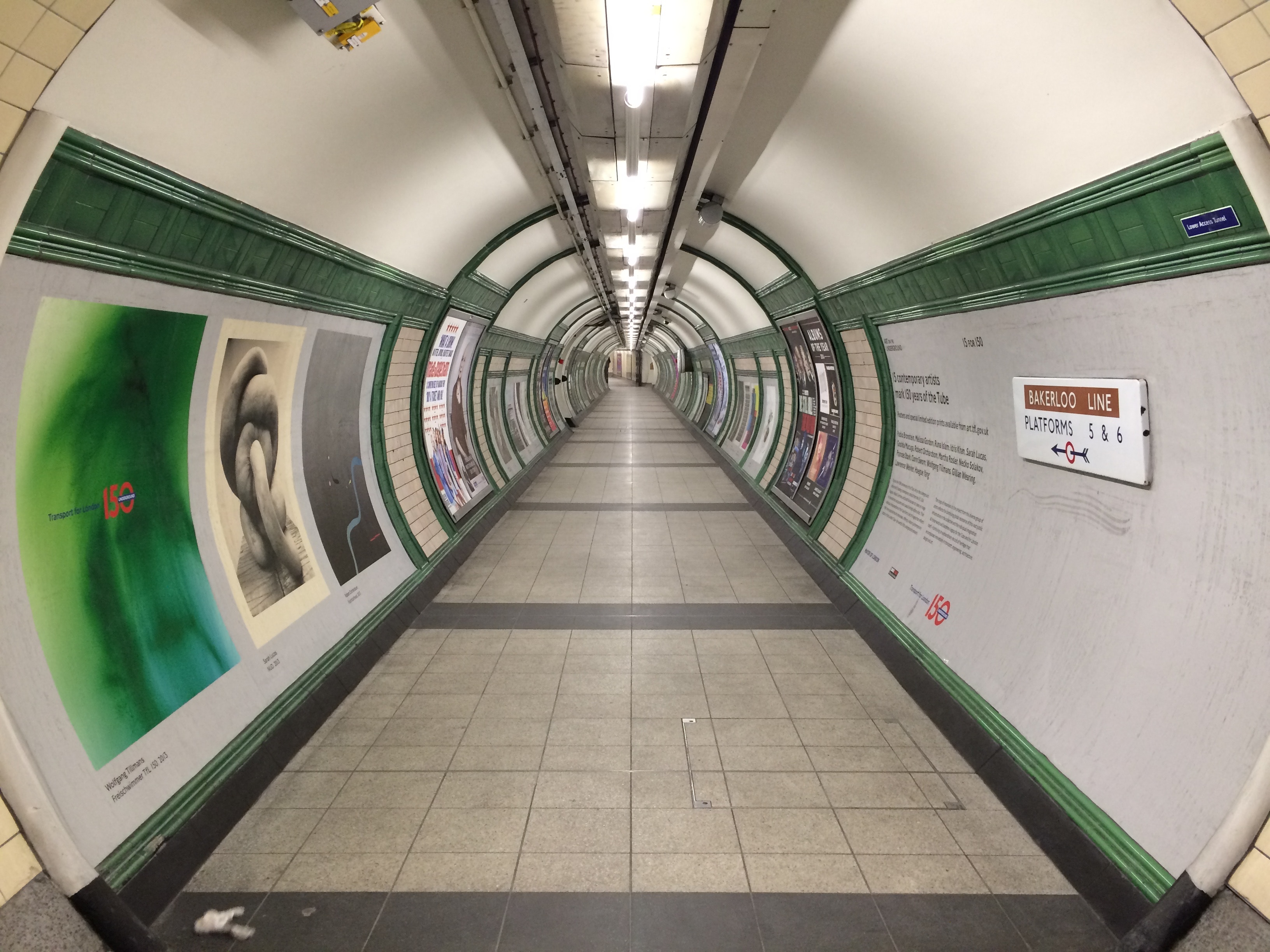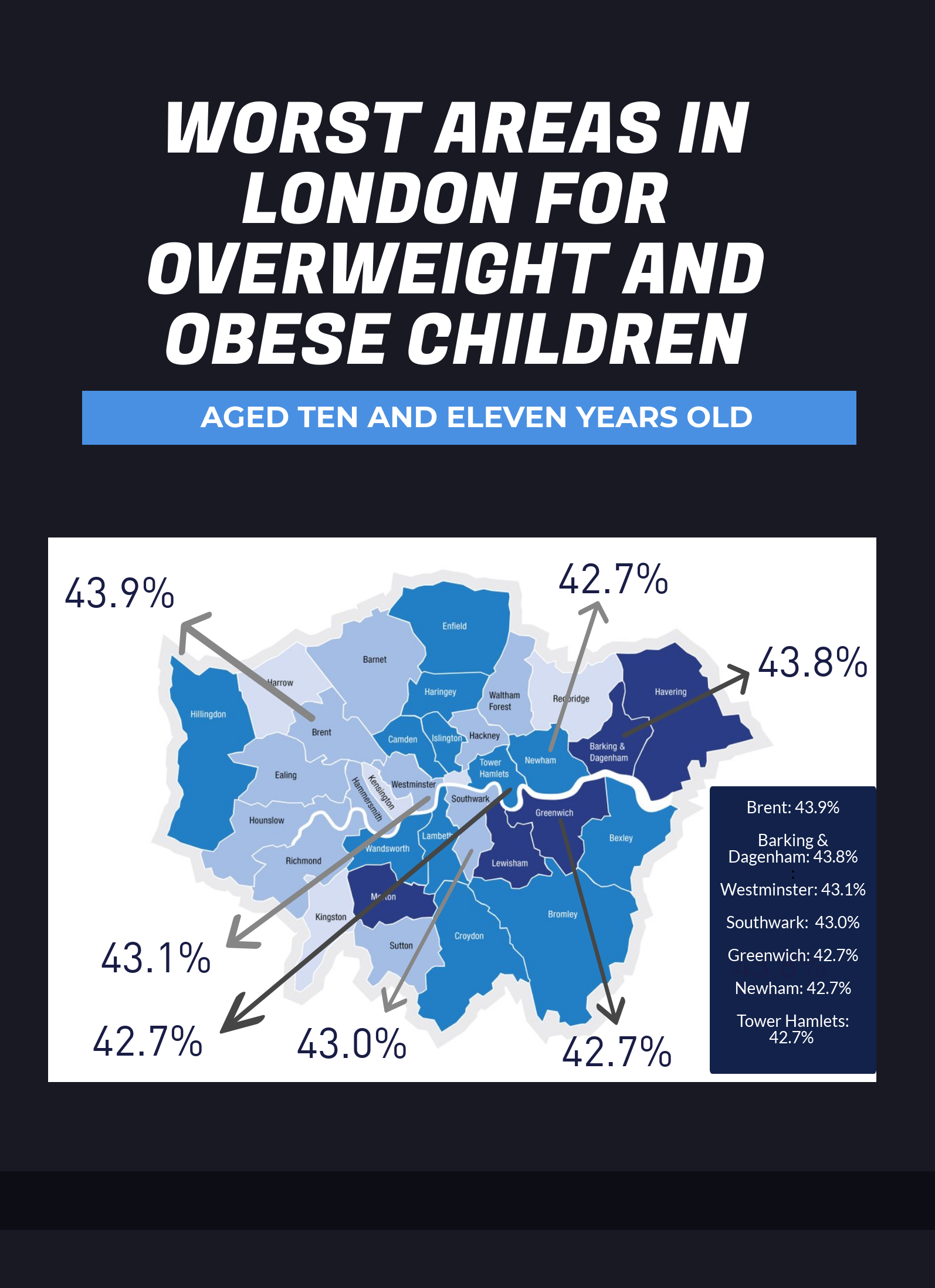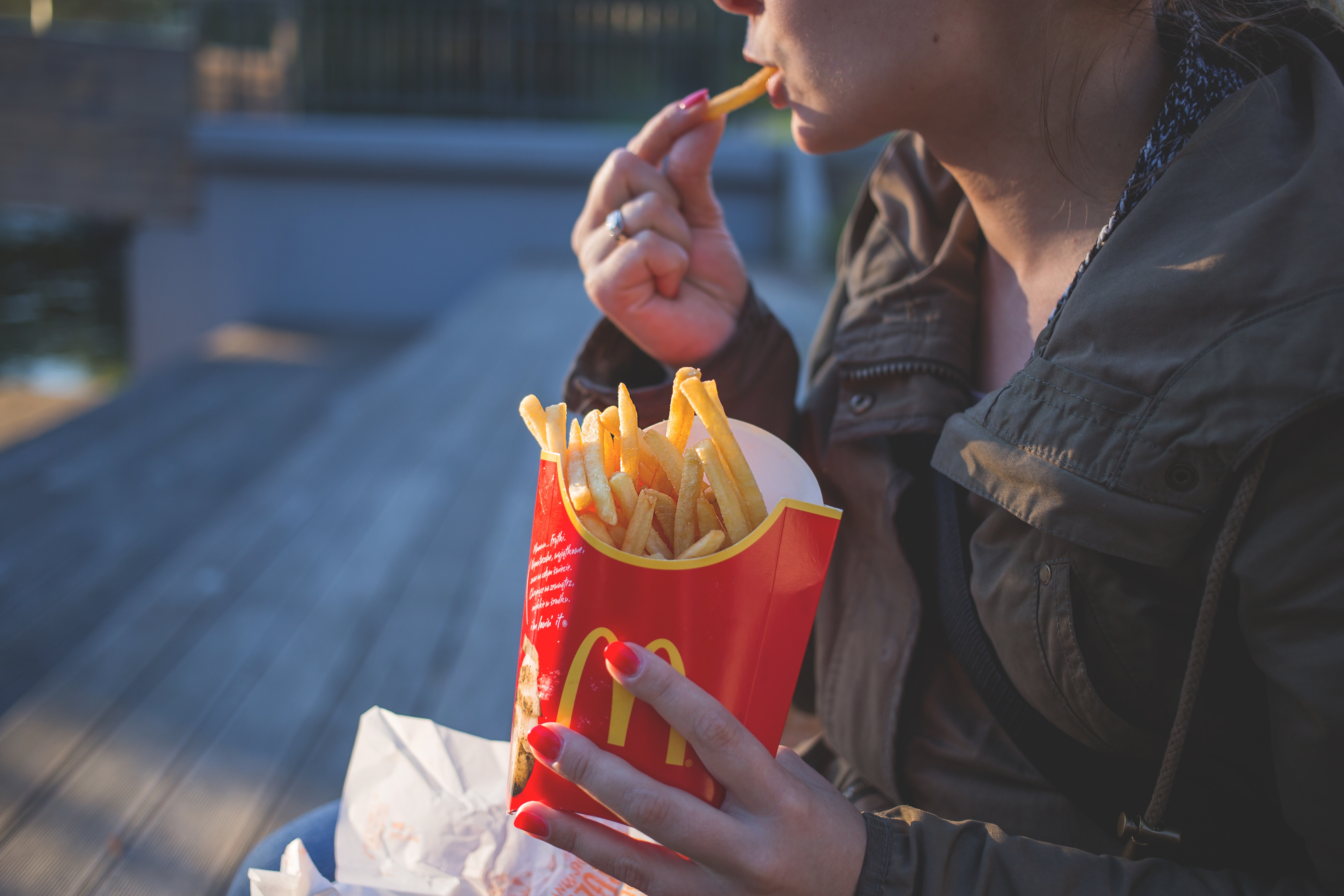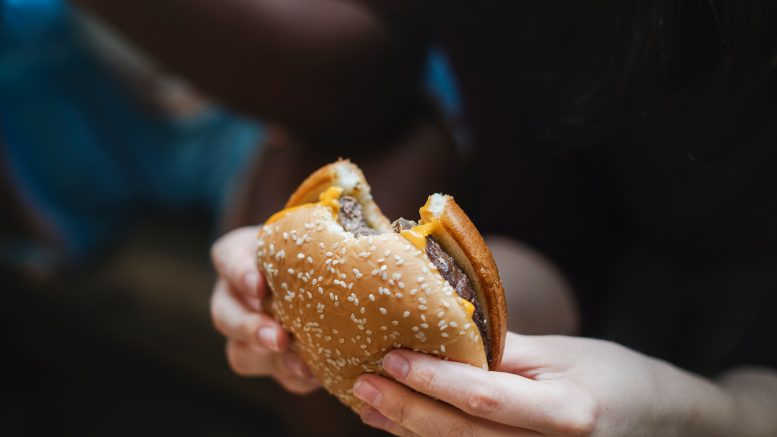Junk food adverts are set to be banned from Tube stations and bus stops in London to confront the rising rates of childhood obesity.

Photo by Dwayne Paisley-Marshall on Unsplash
Draft plans are expected to be formally approved this coming week, which prevent the promotion of high fat, sugar and salt fast food throughout the Transport for London network.
The London Food Strategy plans were proposed by Mayor of London Sadiq Khan earlier this year to tackle what he describes as a ‘ticking timebomb’ of childhood obesity.
In May he told the Metro: “If we don’t take bold steps against it, we are not doing right by our young people as well as placing a huge strain on our already pressurised health service in years to come.”
London currently holds the status of the European city with the most overweight and obese children, with almost 40% of 10 and 11-year olds living in the capital falling into that category. Under Mayor Khan’s proposals new fast food takeaway stores would also be prohibited from opening within 400m of schools. The proposal has been hailed as a “forward-thinking” by obesity experts.

Graphic by Katherine Cenaj
The Standard reported Sadiq Khan said: “When I started looking at the statistics for childhood obesity in our city, it was heart-breaking. What I was seeing was in the poorest parts of London childhood obesity was the worst. In Barking and Dagenham, something like 45% of Year Six children – these are 10 and 11-year-olds – are overweight or obese. You compare that to Richmond, where it’s 23%. This is an issue of social justice – you have the poorest children overweight and obese.”
“I was being told stories from parents and carers with children at a tube station or a bus stop, they see these adverts for fast food outlets. The children put pressure on parents or carers to get the junk food.”
London has one of the highest childhood obesity rates in Europe, with 40% of children aged 10 & 11 overweight or obese. As part of a package of measures in our new London Food Strategy — we're proposing to ban harmful junk food ads from the entire Transport for London network. pic.twitter.com/PFfRCzlciy
— Sadiq Khan (@SadiqKhan) May 11, 2018
In 2016/17 TFL’s gross income amounted to £5.4 billion, with approximately £20 million earned through food and drink advertising.
Other European cities have already introduced similar initiatives. In January 2018, Amsterdam banned advertisements for junk food on its metro network.
Amsterdam banned adverts for unhealthy food on its metro, part of a package that has seen child obesity fall by 12 per cent. Our new plans on junk food advertising announced today can help reduce obesity. pic.twitter.com/LcwvsiQ9AU
— Mayor of London, Sadiq Khan (@MayorofLondon) May 11, 2018
McDonalds, who are often advertised at London Underground Stations, responded to the Mayors London Draft Plan: “McDonald’s shares the Mayor’s ambition to reduce childhood obesity in the capital. There are few restaurants operating in London who can claim to have made so many positive changes to support healthier lifestyles. We believe that the lessons we have learned in making these changes can be used to support a capital-wide drive to reduce obesity.”

Photo by freestocks.org from Pexels
Speaking to the Mayor of London office, Jamie Oliver said: “This is a game-changing moment, protecting kids from relentless junk food advertising on their daily journeys to school and around our amazing city. Putting their health first shows others what strong leadership looks like.”
However, despite the positive responses from campaigners and medical professionals, there has been backlash online from customers.
https://twitter.com/chattypixie/status/994823376366657536
The important issues once again eh?
You really have a thing about ads on the tube platforms. 🤦♀️
— CouldaShouldaWoulda (@CWoulda) May 11, 2018
This form if sensorship is damaging. The 'junk food' industry is a major employer in London and how do you classify junk food? Some perceived 'healthy' foods are equally as unhealthy.
— Dan Todaro (@DFTodaro) May 11, 2018
https://twitter.com/SandraLMace/status/994827173532979200
Voice of London have contacted the Mayor of London office for comment.
Read more on obesity:
- Obesity: A large problem for England
- Overdosing on empty calories: Obesity is now the new malnutrition
- Nearly 7000 under-25’s are diagnosed with Type 2 diabetes
Words: Katherine Cenaj | Subbing: Ruby Naldrett

